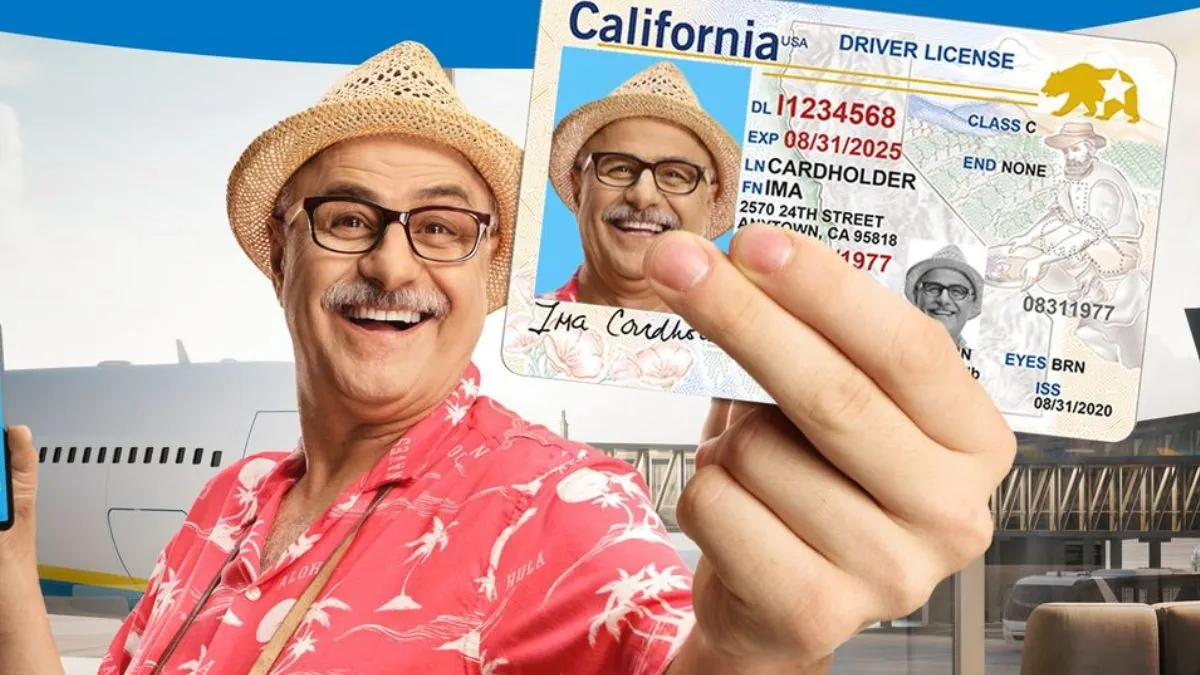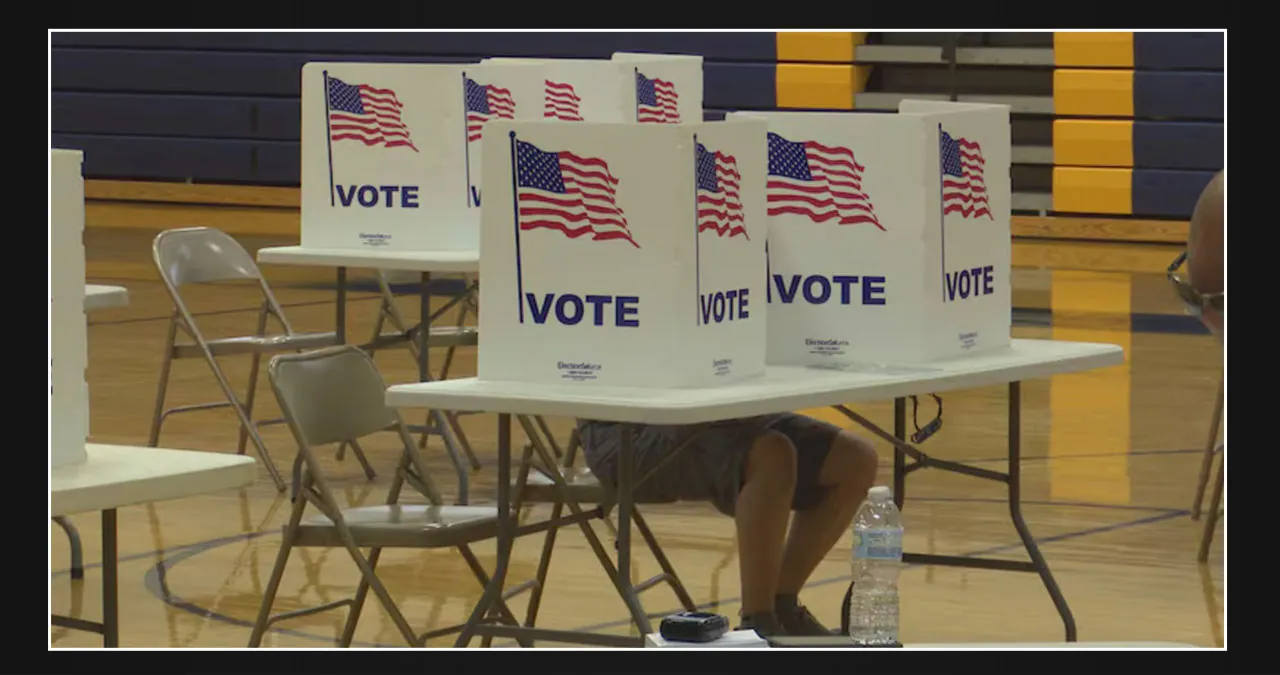As the baby boomer generation continues to age, more and more seniors are driving longer into their retirement years. In California, where the car culture is strong and roads are vast, understanding the rules and requirements for renewing a driver’s license is crucial. For seniors, this process involves specific considerations to ensure both their safety and the safety of others on the road. This comprehensive guide covers everything seniors need to know about license renewal in California in 2024.
Driving provides independence and mobility, which are especially valuable for seniors. However, as drivers age, changes in their physical and cognitive abilities can affect their driving skills. California’s licensing process ensures that all drivers, including seniors, meet the necessary standards for safe driving. In 2024, seniors must be aware of the updated rules and procedures to maintain their driving privileges.
Eligibility for License Renewal
Age Requirements
In California, drivers over the age of 70 are required to renew their driver’s licenses more frequently than younger drivers. While drivers under 70 can renew their licenses every five years, those over 70 must renew every two years. This more frequent renewal helps ensure that seniors continue to meet the health and safety standards necessary for driving.
Medical Requirements
Seniors are subject to medical evaluations to ensure their fitness to drive. California law requires that any driver with a medical condition that could impair their driving must report it to the Department of Motor Vehicles (DMV). This includes conditions like vision problems, dementia, or other illnesses that could impact driving ability. The DMV may require a medical report from a licensed physician to proceed with the renewal process.
Renewal Process
Online Renewal
California offers an online renewal process for seniors, provided they meet certain criteria. To renew online, seniors must:
- Have a valid driver’s license.
- Be under 70 years old.
- Not have any recent changes in medical conditions that affect their driving.
- Not have outstanding fines or holds on their license.
The online renewal process is straightforward. Seniors can visit the DMV’s website, complete the renewal application, and pay the renewal fee. A new photo will be taken when visiting the DMV for the first time in several years, so seniors may be required to visit a DMV office for that purpose if renewing online.
In-Person Renewal
For those unable to renew online, an in-person renewal is necessary. Seniors will need to visit a DMV office to complete their renewal application. During this visit, they will be required to:
- Provide personal identification.
- Take a vision test.
- Have a new photo taken.
Mail Renewal
Seniors may also renew their licenses by mail under specific circumstances. They will receive a renewal notice from the DMV with instructions on how to renew by mail. This option is generally available if:
- The DMV has confirmed eligibility.
- There are no changes to the driver’s medical status.
Required Documentation
When renewing a license, seniors must provide the following documentation:
- Current driver’s license.
- Proof of identity (such as a passport or birth certificate).
- Proof of residency (such as utility bills or rental agreements).
- Any additional medical documentation if required.
Testing Requirements
Vision Test
A vision test is mandatory for all renewing drivers. Seniors may be required to wear corrective lenses if their vision does not meet the DMV’s standards. The test checks for visual acuity and peripheral vision to ensure that seniors can see well enough to drive safely.
Written Test
In some cases, seniors may be required to take a written test, especially if they have had multiple traffic violations or have medical conditions affecting their driving. The written test covers road signs, traffic laws, and safe driving practices.
Driving Test
A driving test may be necessary if there are concerns about a senior’s driving ability. This test assesses practical driving skills and ensures that seniors can operate a vehicle safely under real-world conditions.
Special Considerations for Seniors
Medical Evaluations
Regular medical evaluations are essential for seniors. Conditions such as arthritis, diabetes, and cognitive impairments can affect driving skills. Seniors are encouraged to undergo regular check-ups and to discuss their driving with their healthcare providers. A physician’s report may be required to renew a license if a medical condition is present.
Driving Record Reviews
The DMV reviews driving records to identify patterns that may indicate a decline in driving ability. Seniors with a history of accidents or traffic violations may face additional scrutiny or be required to take additional tests.
Optional Driver Safety Courses
California offers driver safety courses specifically designed for seniors. These courses, such as the AARP Smart Driver Course, provide valuable information on safe driving practices and can sometimes qualify seniors for discounts on their car insurance.
Costs and Fees
Renewal Fees
The cost to renew a driver’s license in California is generally the same for all drivers, regardless of age. As of 2024, the standard renewal fee is $40. However, additional fees may apply for late renewals or if additional testing is required.
Additional Costs for Testing and Documentation
If a vision test or written test is required, there may be additional fees. Seniors should also consider any costs associated with obtaining necessary medical documentation or attending driver safety courses.
Tips for a Smooth Renewal Process
Preparing for Vision and Driving Tests
To ensure a smooth renewal process, seniors should:
- Schedule an eye exam before their DMV appointment.
- Practice driving and familiarize themselves with current traffic laws.
- Bring any necessary medical documentation to their DMV appointment.
Keeping Records Updated
It’s important for seniors to keep their personal and medical records up-to-date with the DMV. This includes updating their address, medical conditions, and contact information to avoid any issues during the renewal process.
Utilizing Senior Resources
California provides various resources for senior drivers, including local DMV offices, senior centers, and community organizations. These resources can offer guidance, support, and information on the renewal process.
Recent Updates and Changes for 2024
Changes in Regulations
In 2024, California has introduced several updates to the license renewal process for seniors. These include more frequent medical evaluations for those with certain conditions and enhanced online renewal options.
New Safety Measures
To improve safety, the DMV has implemented new measures, such as advanced vision testing technology and more stringent criteria for medical evaluations. These measures aim to ensure that all drivers, especially seniors, are fit to drive.
Impact of COVID-19
The COVID-19 pandemic has affected the DMV’s operations, leading to changes in appointment scheduling and processing times. Seniors are encouraged to check the DMV’s website for the latest updates on how the pandemic may impact their renewal process.
Conclusion
Renewing a driver’s license as a senior in California involves understanding and adhering to specific requirements designed to ensure safety on the road. By staying informed about the renewal process, preparing for necessary tests, and utilizing available resources, seniors can navigate the renewal process smoothly and continue to enjoy the independence that driving provides.
As always, it is crucial for seniors to regularly assess their driving abilities and seek medical advice when needed. Staying proactive about license renewal and safe driving practices will help ensure that both seniors and the broader community remain safe on California’s roads.
This Article Includes







